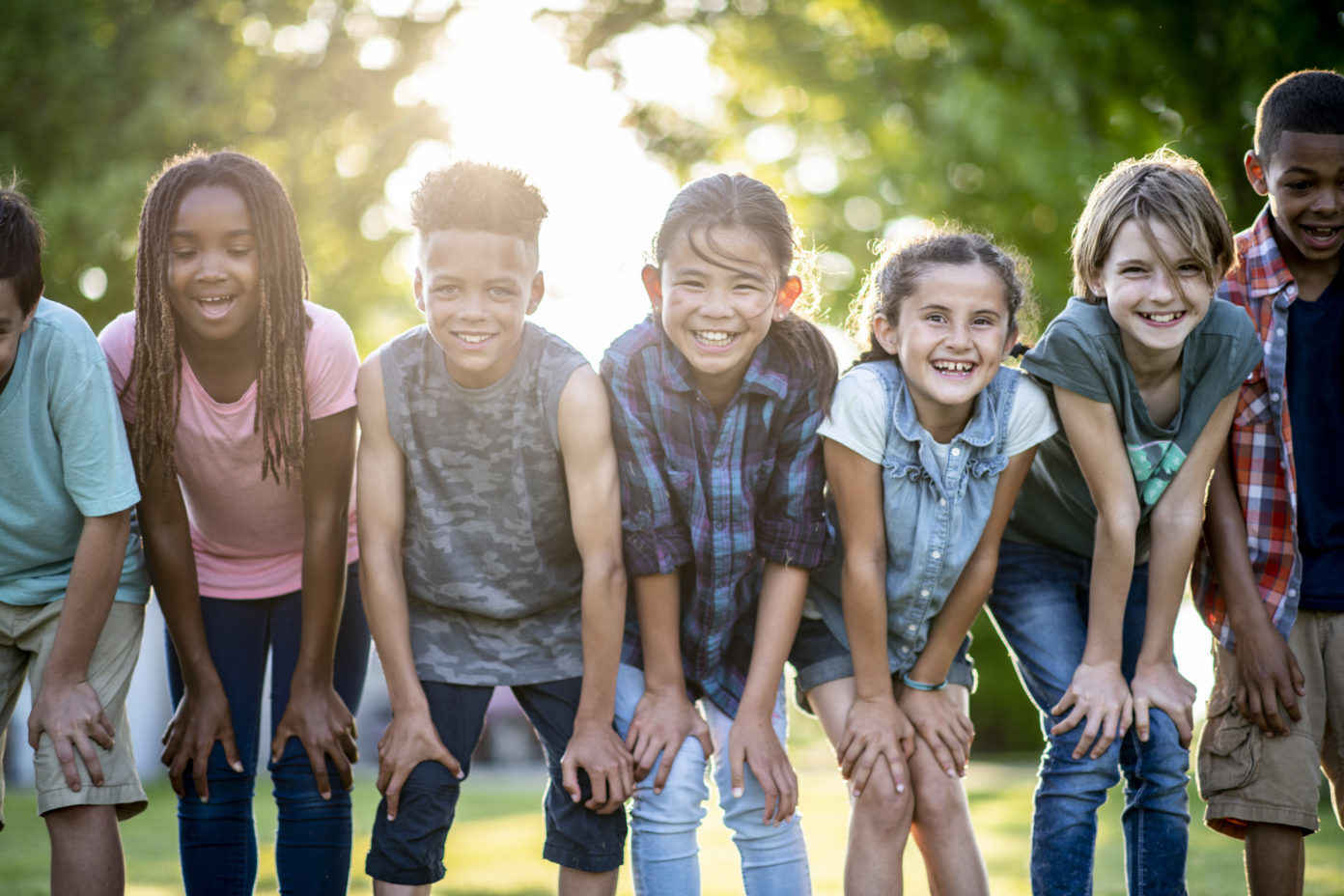Social-Emotional Learning Improves Children’s Health Outcomes (and Other Reasons Public Health Should Take Notice)
September 10, 2019
Overview
We know that kids who attend school regularly and graduate from high school are likely to have better health outcomes for the rest of their lives than kids who don’t. If you heard there was an intervention that was associated with increased high school graduation rates, lower absenteeism, and higher grades, along with a demonstrated high return on investment, you might think it was a mythical silver bullet, or possibly a unicorn. But social and emotional learning (SEL) is for real, and it is taking the nation by storm. SEL has been defined as “the process through which children and adults understand and manage emotions, set and achieve positive goals, feel and show empathy for others, establish and maintain positive relationships, and make responsible decisions.”

The Collaborative on Academic Social and Emotional Learning (CASEL) has set forth a framework of SEL competencies, including self-awareness, self-management, social awareness, relationship skills, and responsible decision-making. True to its name, CASEL has been collaborating with both school districts and states to promote the systematic implementation of SEL pedagogical approaches, curricula, school conditions, and out of school time.
SEL has been around for a few decades, but in recent years it has been taking off, including through the formal adoption of policies at the school district and state level. In January 2019, a National Commission on Social, Emotional, and Academic Development (supported by the Aspen Institute) produced a report proclaiming A Nation At Hope (evoking a contrast to the landmark 1983 report warning of A Nation at Risk), as well as proposed agendas for practice, research, and policy. This October, leaders in the SEL movement will gather for the inaugural national Social Emotional Learning Exchange. If you are attending, please stop by the Network’s poster analyzing state early learning standards related to SEL and say hello.
Why should the public health sector take notice? We can start with the correlation between the SEL competencies and desirable public health outcomes. Anyone who has worked in a home visiting program, or early childhood mental health, or Triple P (Positive Parenting Program), or WIC knows the critical importance of social and emotional learning to healthy early childhood development and health outcomes across the lifespan. But it doesn’t end there. Many health educators already know and incorporate, or could incorporate, SEL competencies in their school-based health promotion work. For example, enhanced faculties of self- awareness and self-management may account for some of the increased academic success cited above, and can contribute to lower rates of depression, anxiety, self-harm, suicide, bullying, and violence. Developing social awareness and relationship skills can inoculate against loneliness and social isolation for individuals at any age, and contribute to social connectedness and cohesion in communities. And well-honed skills in responsible decision-making are a factor in how people respond to their environments, whether that’s with respect to healthy eating, active living, adequate sleep, tobacco, alcohol, substance use, sexual activity, smartphone use, driving behaviors, and the list goes on.
The links with public health law may require a bit more unpacking. Law professors and legal scholars Larry Gostin and Lindsey Wiley have described the power to change the information environment as one of a set of essential tools of public health law. We tend to associate this with things like warning labels on cigarettes or nutrition labels on food, but by incorporating instruction and modeling in SEL in both school and out of school settings, educators can spread knowledge and develop health-promoting skills. The evidence suggests that culturally appropriate SEL frameworks are associated with improved outcomes for individual students and for the student body as a whole by creating shared understandings of healthful ways to relate to ourselves and others, which results in improved conditions for student learning.
Social and emotional learning is a prime opportunity for health departments that have embraced a public health 3.0 mindset or a health in all policies approach. The Network will continue to explore public health law approaches to advance SEL, so if you and your community partners are crafting SEL policies and implementing SEL approaches, we encourage you to contact the Network for technical assistance.
This post was written by Jill Krueger, J.D., Director, Network for Public Health Law – Northern Region Office.
The Network for Public Health Law provides information and technical assistance on issues related to public health. The legal information and assistance provided in this document do not constitute legal advice or legal representation. For legal advice, readers should consult a lawyer in their state.
Support for the Network is provided by the Robert Wood Johnson Foundation (RWJF). The views expressed in this post do not necessarily represent the views of, and should not be attributed to, RWJF.FacebookTwitterEmailShare
